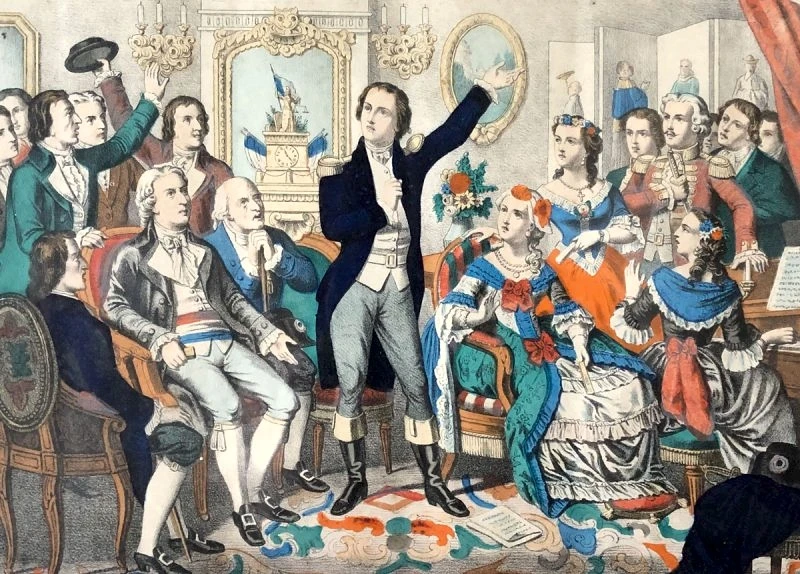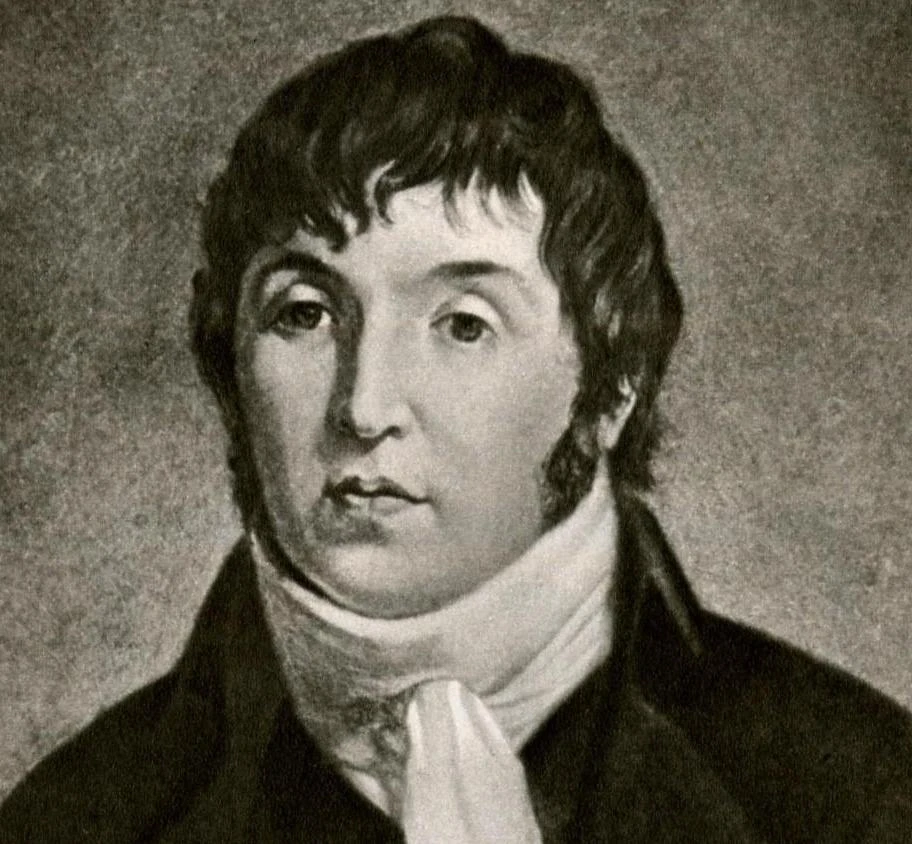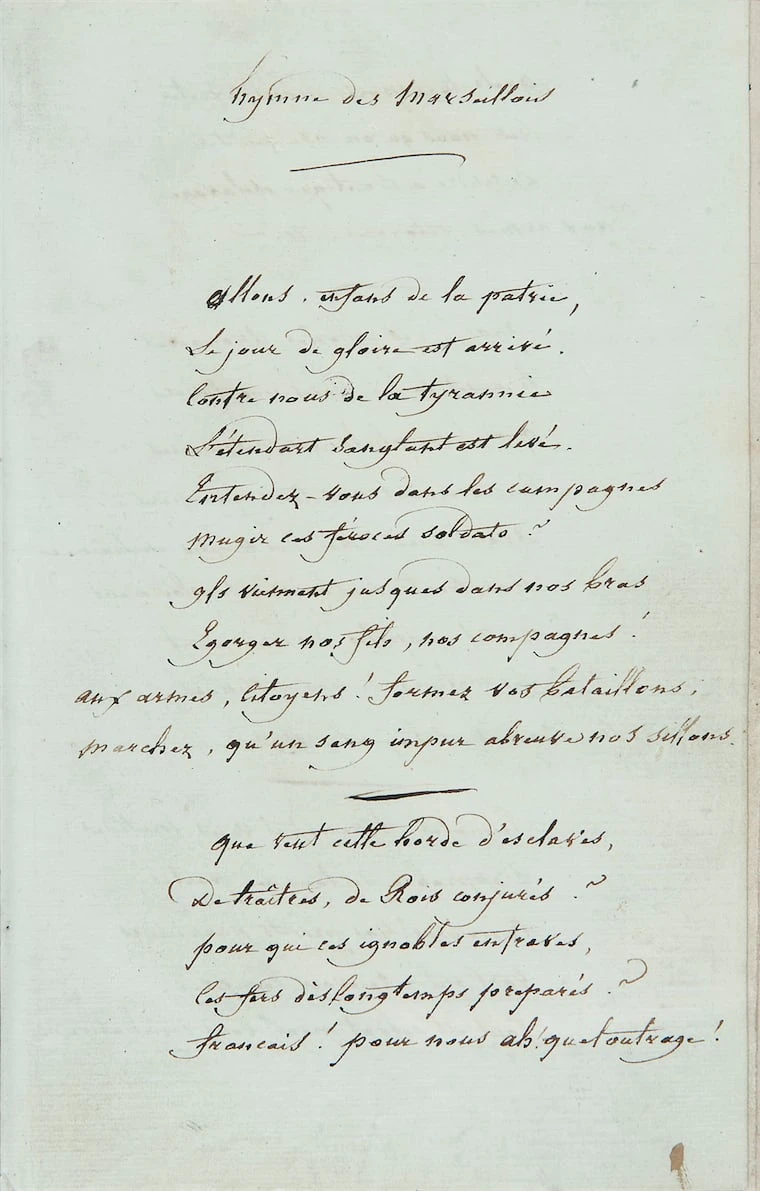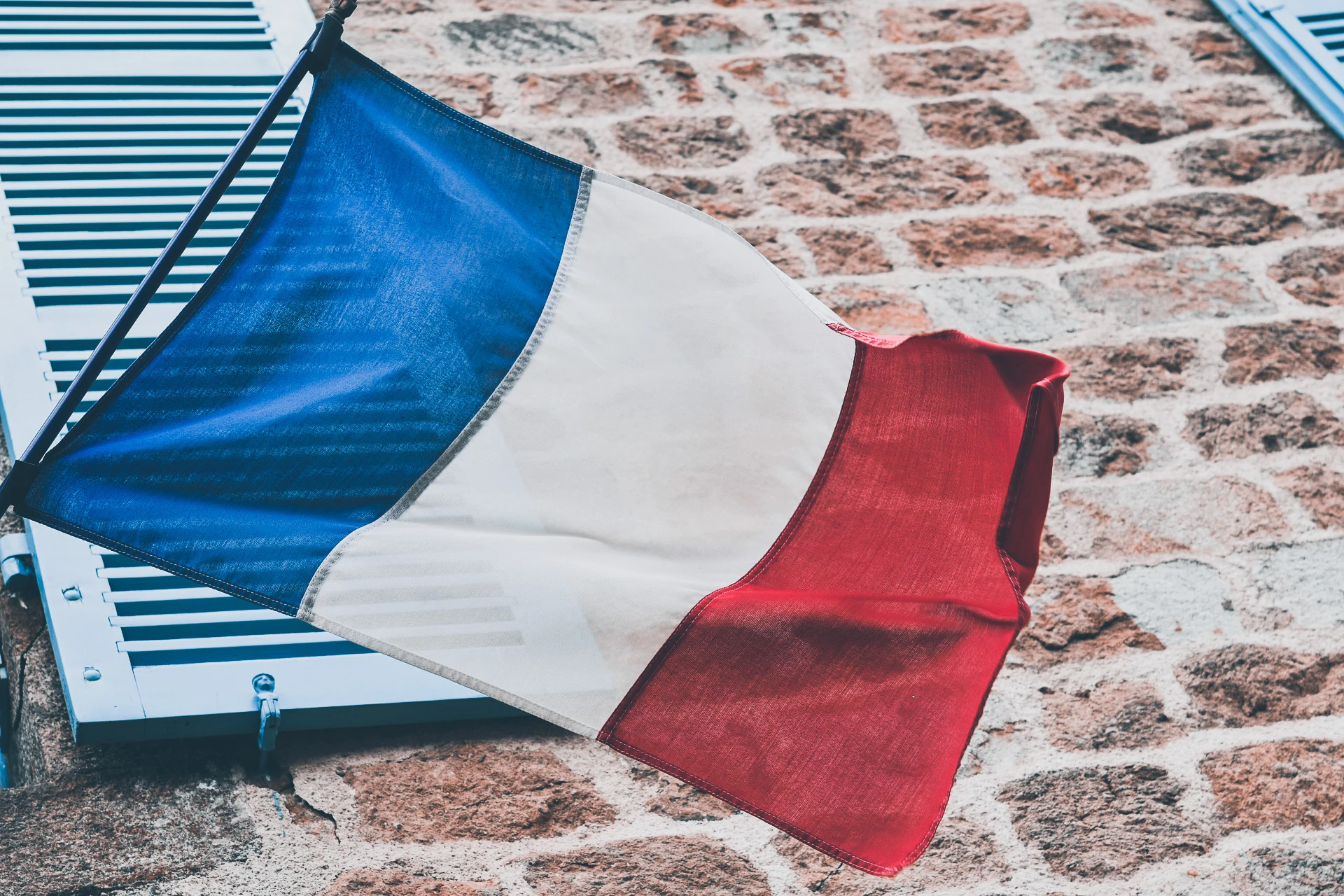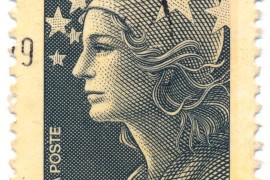The origins of La Marseillaise: Strasbourg, 1792
It was Claude Rouget de l'Isle who conceived it in Alsace. In the midst of the French Revolution, the mayor of Strasbourg, Baron de Dietrich, a fervent patriot whose two sons had enlisted to defend France, asked Rouget, a military officer he knew well and who also dabbled in poetry, to come up with something to galvanize the volunteers. Rouget set to work and composed the "war song of the armies of the Rhine" during the night of April 25-26, 1792. This song, born in Strasbourg, is the cry of a France at war, a hymn of courage and unity.
Why is the song called "La Marseillaise"?
It's true that the name "Marseillaise" is surprising, given that the song originated in Alsace. In fact, it is called the Marseillaise because it was made famous by the federates of Marseille marching on Paris. They sang it as they stormed the Tuileries Palace on August 10, 1792. The Parisians immediately loved it and sang it over and over again, to the point that it became the symbol of the French Revolution. It became the national anthem on July 14, 1795, and has since embodied the values of the French Republic.
Colored engraving: Rouget de Lisle singing "La Marseillaise" at Mayor Dietrich's house in Strasbourg in 1792—France's national anthem, an iconic scene from the Revolution.
La Marseillaise through history: censored, banned, triumphant
As a result, it was suppressed under the empire. The same was true under the monarchy. Reinstated by the Republic, it was banned "without authorization" under the Vichy regime before being reinstated after the Liberation. Since 1879, there have been Russian, Catalan, and Spanish versions, and Mao wanted to hear it during the Long March. Even the Beatles liked La Marseillaise. Along with Marianne, the blue, white, and red flag, and the motto “liberty, equality, fraternity,” it is one of the greatest symbols of France.
Carved on the façade of the Arc de Triomphe, she watches over the unknown soldier who surely sang her praises when he was alive. Re-orchestrated by Berlioz, accelerated by Valéry Giscard d'Estaing when he was president, it continues to move citizens and the world when it roars, every time the heart of France vibrates.
Who was Claude Rouget de Lisle, composer of La Marseillaise?
Claude Rouget de Lisle, composer of La Marseillaise, period portrait preserved at the Bibliothèque nationale de France. Photo published on monsieurdefrance.com.
Claude Joseph Rouget de Lisle, born in Lons-le-Saunier in 1760, was a French military engineer and composer, famous for writing the French national anthem in Strasbourg. A moderate royalist, he was imprisoned during the Reign of Terror, then released. He then participated in the defense of the Republic before being sidelined. Hostile to Napoleon, he lived in poverty during the Restoration. Ruined and isolated, he died on June 28, 1836, in Choisy-le-Roi. His ashes were transferred to Les Invalides in 1915 in tribute to the man who gave birth to the song of liberty. Rouget de Lisle is now celebrated as the father of La Marseillaise, symbol of the Revolution and of republican France.
The lyrics of La Marseillaise:
The words of the Marseillaise in French
REFRAIN
Aux armes, citoyens !
Formez vos bataillons !
Marchons, marchons !
Qu'un sang impur...
Abreuve nos sillons !
COUPLETS
I
Allons ! Enfants de la Patrie !
Le jour de gloire est arrivé !
Contre nous de la tyrannie,
L'étendard sanglant est levé ! (Bis)
Entendez-vous dans les campagnes
Mugir ces féroces soldats ?
Ils viennent jusque dans vos bras
Égorger vos fils, vos compagnes
REFRAIN
II
Que veut cette horde d'esclaves,
De traîtres, de rois conjurés ?
Pour qui ces ignobles entraves,
Ces fers dès longtemps préparés ? (Bis)
Français ! Pour nous, ah ! Quel outrage !
Quels transports il doit exciter ;
C'est nous qu'on ose méditer
De rendre à l'antique esclavage !
REFRAIN
III
Quoi ! Des cohortes étrangères
Feraient la loi dans nos foyers !
Quoi ! Des phalanges mercenaires
Terrasseraient nos fiers guerriers ! (Bis)
Dieu ! Nos mains seraient enchaînées !
Nos fronts sous le joug se ploieraient !
De vils despotes deviendraient
Les maîtres de nos destinées !
REFRAIN
IV
Tremblez, tyrans et vous, perfides,
L'opprobre de tous les partis !
Tremblez ! Vos projets parricides
Vont enfin recevoir leur prix. (Bis)
Tout est soldat pour vous combattre.
S'ils tombent, nos jeunes héros,
La terre en produit de nouveaux
Contre vous tout prêts à se battre.
REFRAIN
V
Français, en guerriers magnanimes
Portons ou retenons nos coups !
Épargnons ces tristes victimes,
A regret, s'armant contre nous ! (Bis)
Mais ce despote sanguinaire !
Mais ces complices de Bouillé !
Tous ces tigres qui, sans pitié,
Déchirent le sein de leur mère !
REFRAIN
VI
Amour sacré de la Patrie
Conduis, soutiens nos bras vengeurs !
Liberté ! Liberté chérie,
Combats avec tes défenseurs ! (Bis)
Sous nos drapeaux que la Victoire
Accoure à tes mâles accents !
Que tes ennemis expirants
Voient ton triomphe et notre gloire !
REFRAIN
***
COUPLET DES ENFANTS
Nous entrerons dans la carrière,
Quand nos aînés n'y seront plus ;
Nous y trouverons leur poussière
Et la trace de leurs vertus. (Bis)
Bien moins jaloux de leur survivre
Que de partager leur cercueil
Nous aurons le sublime orgueil
De les venger ou de les suivre.
REFRAIN
The words of the Marseillaise in English
REFRAIN
To arms, citizens!
Form your battalions!
Let us march, let us march!
Let an impure blood...
Water our furrows!
COUPLETS
I
Let us go! Children of the Fatherland!
The day of glory has arrived!
Against us of tyranny,
The bloody standard is raised! (Bis)
Do you hear in the countryside
Howl these ferocious soldiers?
They come to your arms
To slaughter your sons, your companions
REFRAIN
II
What does this horde of slaves want,
Of traitors, of conspired kings?
For whom these ignoble fetters,
These long-prepared irons? (Bis)
Frenchmen! For us, ah! What an outrage!
What transports it must excite;
It is us whom one dares to meditate
To return to the ancient slavery!
REFRAIN
III
What! Foreign cohorts
Would make the law in our homes!
What! Mercenary phalanxes
Would overpower our proud warriors! (Bis)
God ! Our hands would be chained!
Our foreheads under the yoke would bend!
Vile despots would become
The masters of our destinies!
REFRAIN
IV
Tremble, tyrants and you, perfidious,
The opprobrium of all parties!
Tremble! Your parricide projects
Will finally receive their price. (Bis)
All is soldier to fight you.
If they fall, our young heroes,
The earth produces new ones
Against you all ready to fight.
REFRAIN
V
French, as magnanimous warriors
Let us carry or hold our blows!
Let us spare these sad victims,
With regret, arming themselves against us! (Bis)
But this bloodthirsty despot!
But these accomplices of Bouillé!
All these tigers who, without pity,
Tear up their mother's breast!
REFRAIN
VI
Sacred love of the Fatherland
Lead, support our avenging arms!
Freedom! Cherished liberty,
Fight with your defenders! (Bis)
Under our flags that Victory
Run to your male accents!
May your expiring enemies
See your triumph and our glory!
REFRAIN
***
VERSE OF THE CHILDREN
We will enter the career,
When our elders are no longer there;
We will find their dust
And the trace of their virtues (Bis)
Much less jealous to survive them
Than to share their coffin
We will have the sublime pride
To avenge them or to follow them.
The national flag on the front of a town hall in France / Image by JackieLou DL from Pixabay
FAQ – La Marseillaise for international visitors
What is La Marseillaise?
La Marseillaise is the national anthem of France, composed in 1792 during the French Revolution. It is one of the world’s most famous patriotic songs.
Why is it called “La Marseillaise” if it was written in Strasbourg?
Its name comes from the volunteers of Marseille who marched to Paris singing it, making the song famous during the Revolution.
Who composed La Marseillaise?
It was composed by Claude Joseph Rouget de Lisle, an army officer and musician, in April 1792.
What does La Marseillaise mean?
The anthem is a call to defend freedom against tyranny. Its lyrics reflect the revolutionary spirit of 1792.
Is La Marseillaise difficult to understand?
Yes, the original vocabulary is from the 18th century. Many French people learn its meaning at school because the expressions are old-fashioned.
When did La Marseillaise become France’s national anthem?
It became the national anthem in 1795, was banned several times in history, and was definitively restored in 1879.
Why is La Marseillaise sometimes considered violent?
Because its lyrics evoke war and resistance to oppression—a reflection of the revolutionary context in which it was written.
Do French people still sing La Marseillaise today?
Yes. It is sung at national ceremonies, sporting events, military commemorations, and school ceremonies.
Where can visitors hear La Marseillaise in France?
You can hear it on July 14th (Bastille Day), at military parades, national events, and sometimes during light shows or historical reenactments.
Where is Rouget de Lisle buried?
His ashes were transferred to Les Invalides in Paris in 1915, among France’s national heroes.
<time datetime="October 1, 2025">Updated: October 2025</time>

